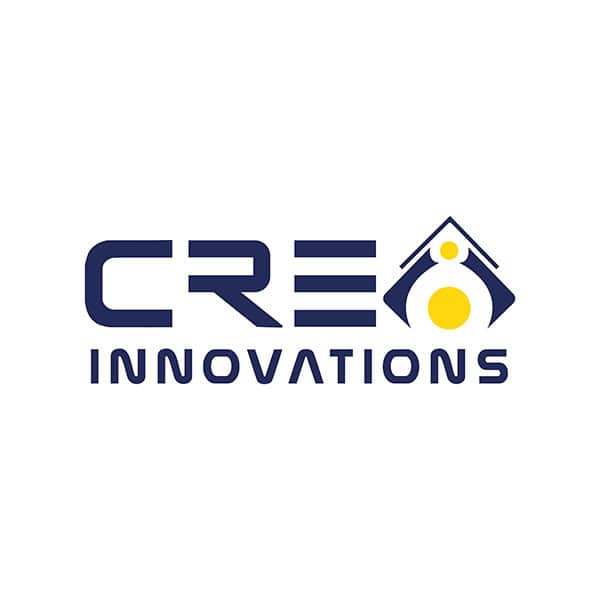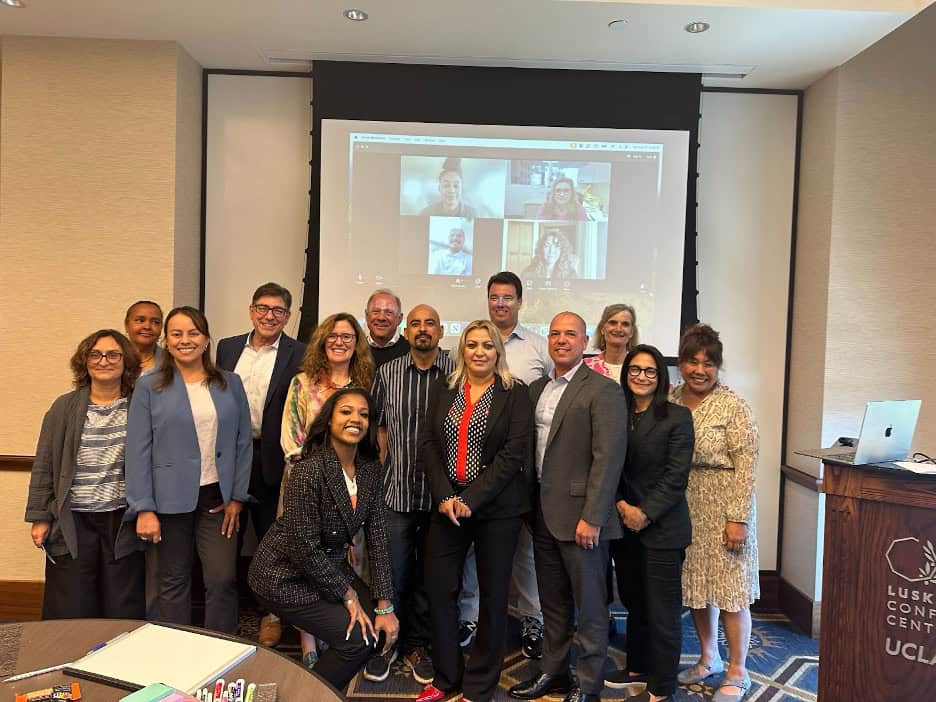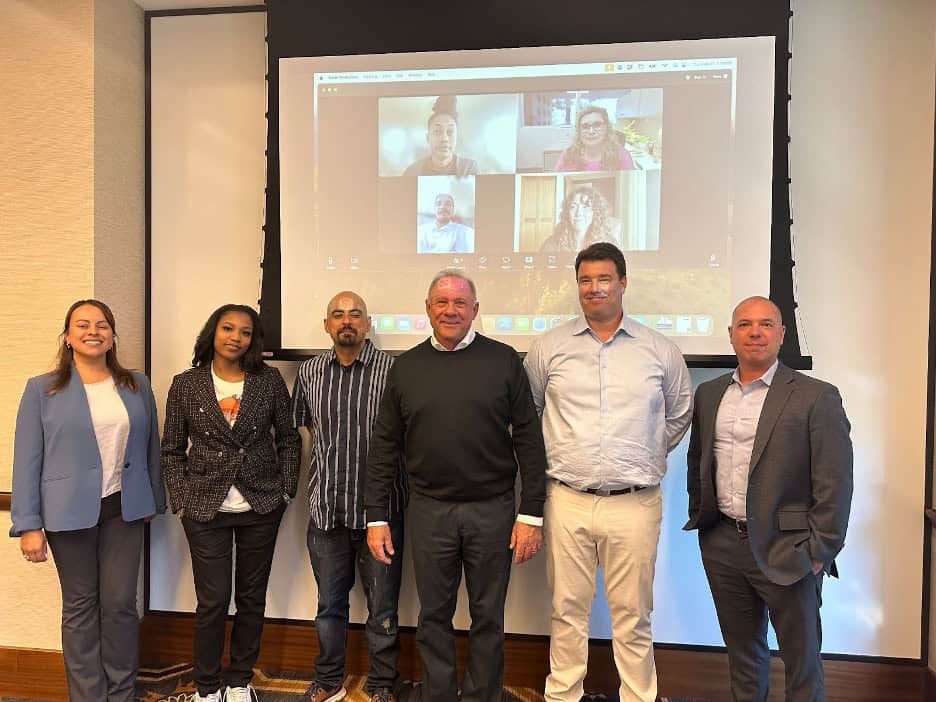Who We Are
Each of the three campuses has an executive director who provides strategic leadership and coordination, and the directors are overseen by a Management Committee.
Management Committee
Christina A. Christie
Wasserman Dean of the School of Education and Information Studies, Professor of Education, Division of Social Research, UCLA
Christina Christie, Ph.D., is the Wasserman Dean of the School of Education and Information Studies at UCLA and also a professor of education in the Division of Social Research Methodology. She is an internationally recognized scholar whose work focuses on understanding evaluation as a method for facilitating social betterment. As part of this work, she has developed studies to advance the theories and methods used to measure educational, social, and behavioral changes that result from program innovation and reform efforts.
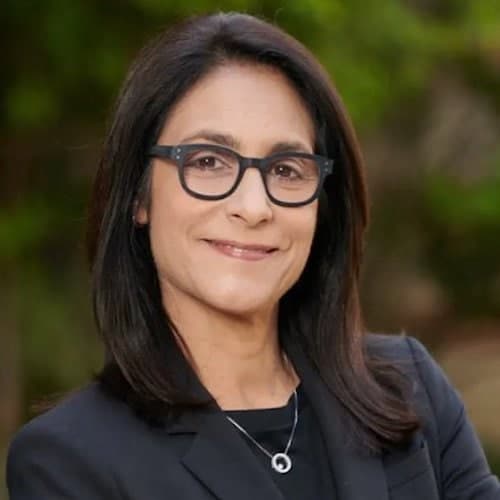
David Faigman
Chancellor & Dean, UC Law SF, William B. Lockhart Professor of Law and the John F. Digardi Distinguished Professor of Law
Chancellor and Dean David Faigman is the William B. Lockhart Professor of Law and the John F. Digardi Distinguished Professor of Law at the University of California College of the Law, San Francisco, and holds an appointment as Professor in the School of Medicine (Dept. of Psychiatry) at the University of California, San Francisco. He received both his M.A. (Psychology) and J.D. from the University of Virginia. Professor Faigman clerked for the Honorable Thomas M. Reavley, Senior Judge of the U.S. Court of Appeals for the Fifth Circuit.
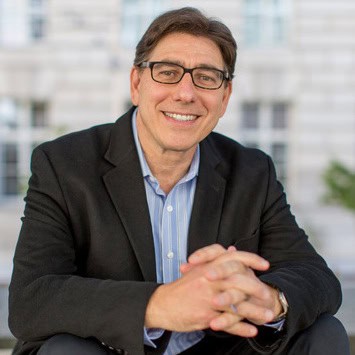
Maria Luisa Gorno Tempini, MD, PhD
Charles Schwab Distinguished Professorship in Dyslexia and Neurodevelopment, Director of Neurology; Co-director, UCSF Dyslexia Center
Dr. Maria Luisa Gorno-Tempini is a behavioral neurologist and the Co-Director of the UCSF Dyslexia Center and the UCSF|UC Berkeley Schwab Center for Dyslexia and Cognitive Diversity. She is Professor of Neurology and Director of the Language & Neurobiology Laboratory at the Memory and Aging Center. Her expertise is in cognitive neurology, applying neuropsychological and neuroimaging techniques to understand language difficulties across the lifespan, ranging from neurological diseases to neurodevelopmental challenges and gifts. In 2014, Dr. Gorno-Tempini co-founded the UCSF Dyslexia Center.
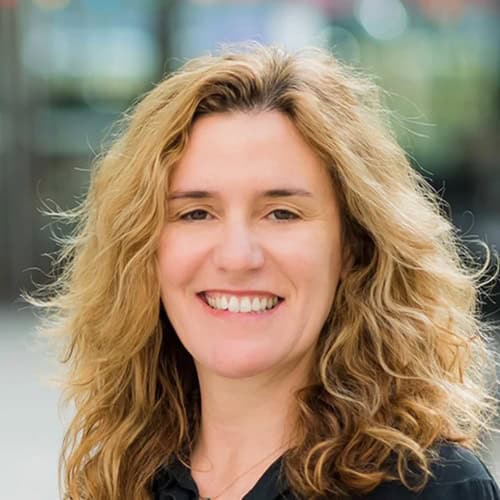
Executive Director
Francesca Pei
Executive Director, CA Institute, UCSF
Over 20 years of leadership, management and coordination with innovative approaches to projects in healthcare, and research in academic and high-level education settings. In addition to being the Executive Director for UCSF, Francesca Pei is the Chief Operations Operator of the Multitudes Dyslexia Risk Assessment Program, a state-funded initiative to translate the latest neuroscientific knowledge into a free, early dyslexia screener for all California public schools. Francesca has a doctorate degree in Developmental Neuroscience from the University of Pisa, and she brings over 20 years of leadership, operational management and strategic planning in a variety of health care, research, academic and education settings.
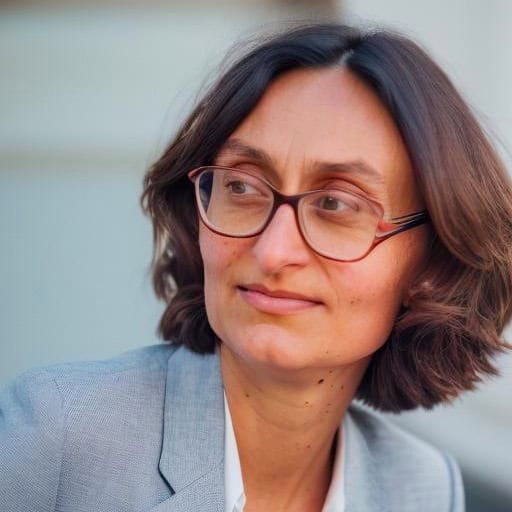
Liz Butler Steyer
Executive Director, CA Institute, UC Law SF
Liz Butler Steyer has spent over 30 years building and leading Bay Area legal, educational, and social service organizations working to stabilize the lives of underserved children and families. For over a decade, she served as the Executive Director of the Athletic Scholars Advancement Program (ASAP), a college access and persistence program in San Francisco that supports low-income students of color on their paths to and through college. Prior to joining ASAP, Ms. Butler Steyer worked for Legal Services for Children in San Francisco for over 12 years in a variety of legal and managerial roles, including serving as the Managing Attorney and the Acting Executive Director of the organization. She has also consulted with the Glide Foundation in helping them to design the Center for Women and Families of Color.
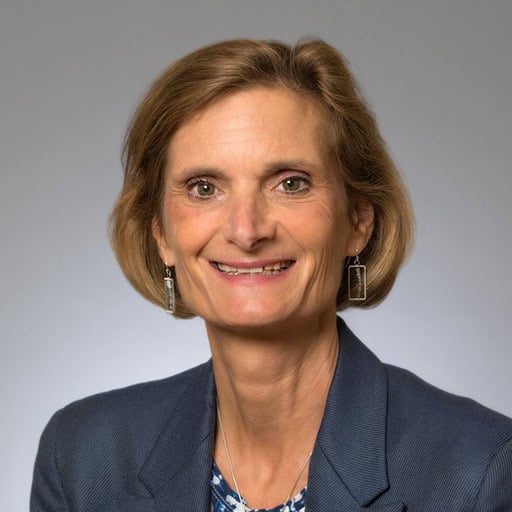
Alison Yoshimoto Towery
Executive Director, CA Institute, UCLA & UC|CSU Collaborative for Neuroscience, Diversity, and Learning
Ms. Yoshimoto-Towery has spent over 30 years in education, serving as a teacher, principal, director, and top administrator. Yoshimoto-Towery earned her bachelor’s degree from UC Irvine, a master’s degree in education and reading specialist credential from California State University, Los Angeles, and a second master’s in education from UCLA. She was recently appointed to the State Board of Education by Governor Newsom.
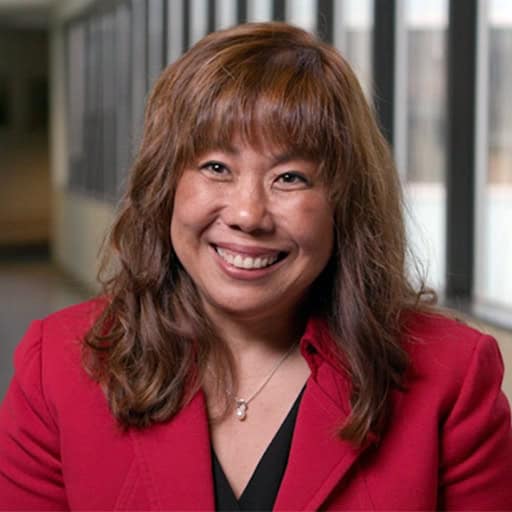
Staff
Jorge Castaneda
Project Coordinator, CA Institute, UC Law SF
Jorge Castaneda, a First-Generation Guatemalan-American, graduated from Diablo Valley Community College with an Administration of Justice degree and then transferred to San Francisco State University where he graduated with a Criminal Justice degree. Before working for UC Law SF, he worked for University – Community Links (UC Links) in the Graduate School of Education at UC Berkeley. UC Links is a collaborative network of university and community partners, working closely together to sustain after-school programs that extend access to quality educational resources and activities for P-12 youth from underserved California communities.
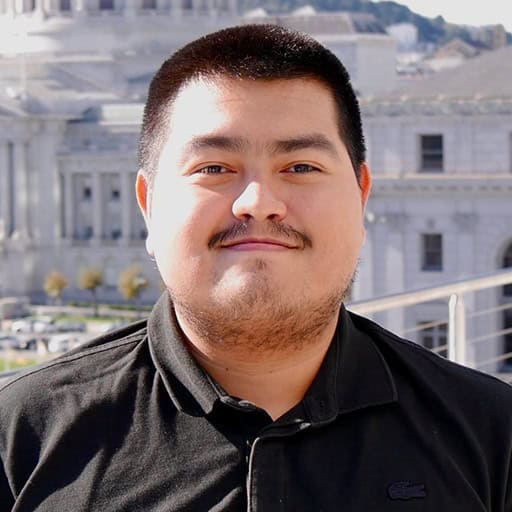
Andrea Hartsough
Associate Director, CA Institute, UCSF | JEDI Program Lead, UCSF Dyslexia Center, UCSF
Andrea Hartsough is a graduate of UC Davis, and The Law School of University of Chicago. She has advocated for civil and criminal justice for 20+ years, working in both public and private entities, including a decade in solo practice. She continues to work to advance social justice and equity from her seat within UCSF through the development of Multitudes, an early dyslexia screener with the goal of every child in California getting all the support they need to thrive, and by supporting the work of the CA Institute.
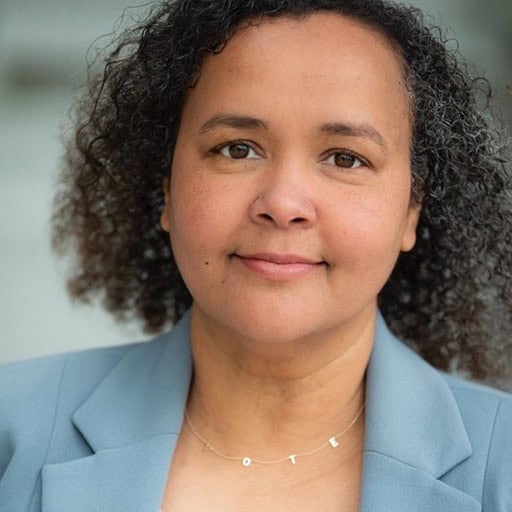
Researcher
Cynthia Valencia-Ayala
Postdoctoral Fellow - Juvenile inJustice and Behavioral Health Lab at UCSF
Cynthia Valencia-Ayala is a credentialed school psychologist and postdoctoral scholar in the Juvenile inJustice and Behavioral Health Lab in the department of Psychiatry and Behavioral Sciences at UCSF. She earned her Ph.D. in School Psychology from UC Berkeley where she provided assessment and therapeutic services to overly disciplined and racially minoritized youth in schools and in detention settings. Her current research focuses on understanding and disrupting the link between schools and prisons, including strategies to leverage higher education to reduce recidivism, and assessing the overrepresentation of special education students in the legal system. She specializes in qualitative research and utilizes qualitative methods to center youth experiences and perspectives in her work.
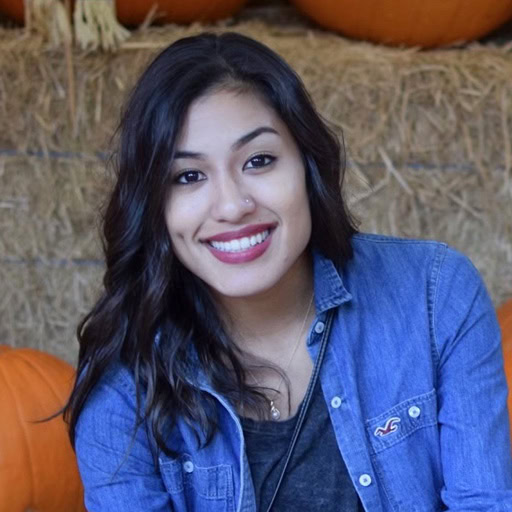
Samuel Charles is a senior researcher for the California Institute team at UC Law SF. His research interests include the social construction of disability and the impact of social hierarchies—such as race, class, and gender—upon the diagnosis, treatment, and accommodation of neurodivergence. Sam holds a J.D. from UC Berkeley, where he was Senior Articles Editor for Volume 111 of the California Law Review and served as a student board member for the East Bay Community Law Center. Before law school, he attended Riverside City College and transferred to UC San Diego, where he earned his B.A. summa cum laude in sociology.
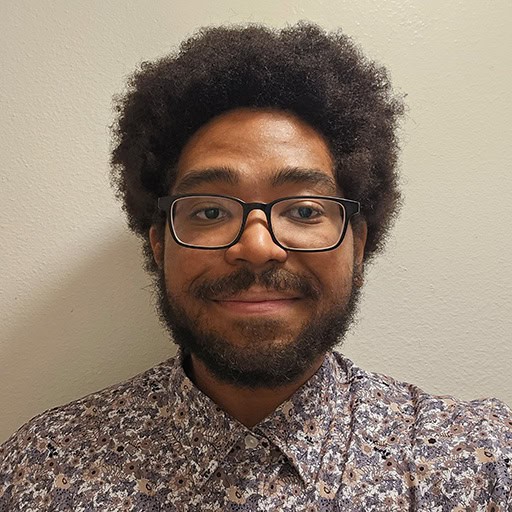
Gabriella Parham Cruzado
Research Speech-Language Pathologist, UCSF Memory and Aging Center
Gabriella Parham-Cruzado is a bilingual speech and language pathologist at UCSF Dyslexia Center. She has a bachelor’s degree in Psychology from the University of Puerto Rico and a master’s of science degree in Speech and Language Pathology from Carlos Albizu University. Gabriella has worked with bilingual children and families within school and clinical settings. She has devoted her professional career to understanding the complexities of bilingual language development and its interplay within diverse linguistic and cultural contexts.
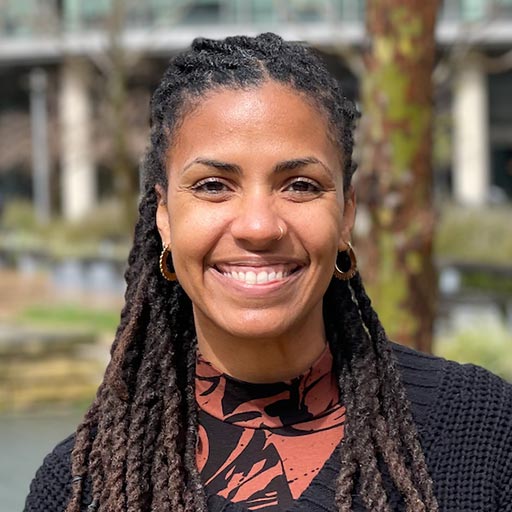
Kathy T. Do
Assistant Project Scientist, UCLA California Institute on Law, Neuroscience, and Education and UC|CSU Collaborative for Neuroscience, Diversity, and Learning
Dr. Kathy Do is an Assistant Project Scientist at the California Institute on Law, Neuroscience, and Education (CA Institute at UCLA) and UC|CSU Collaborative for Neuroscience, Diversity, and Learning. Dr. Do earned her B.A. in Psychology and Sociology from UCLA and Ph.D. in Developmental Psychology and Neuroscience from the University of North Carolina at Chapel Hill, where she also completed her postdoctoral fellowship. Dr. Do’s research examines brain development, motivation, and social context to better understand how adolescents learn, make decisions, and develop healthy behaviors and relationships. She addresses these questions using experimental, neuroimaging, longitudinal, computational, and advanced statistical approaches. Her research is generously funded by the National Institutes of Health, National Science Foundation, and foundation grants. She has published over 20 research studies on adolescent brain development, peer and parent influence, social motivation and learning, and risky and prosocial decision-making. Ultimately, this work seeks to leverage our understanding of the developing brain to inform practices and policies that help youth thrive in their diverse communities.
At the CA Institute at UCLA, Dr. Do spearheads research projects that integrate law, education, and neuroscience to improve literacy for vulnerable and justice-involved youth in California. She works with researchers, practitioners, and policy experts across the CA Institute–a multi-campus collaboration among UC Law SF, UCLA School of Education and UCSF Medical School–to examine the legal, educational, and mental health services for, and needs of, young people in the juvenile justice system, with the goal of disrupting the school-to-prison pipeline for future generations.
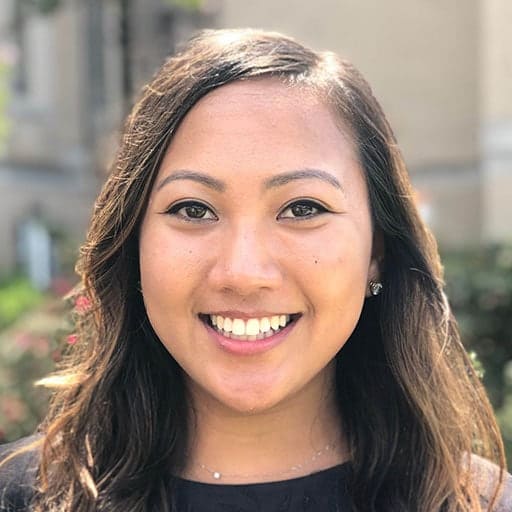
Thalia González
Professor of Law and Harry & Lillian Hastings Research Chair, Co-Director of the Center for Racial and Economic Justice, UC Law SF
Thalia González is a Professor of Law and holds a Harry & Lillian Hastings Research Chair. Professor González is faculty co-director of the Center for Racial and Economic Justice and writes extensively in the fields of restorative justice, education law, race and the law, critical race theory, health justice and public health, human rights, juvenile justice, and social justice lawyering. She is a nationally recognized scholar whose applied research and collaborative community partnerships aims to disrupt legal, political, social, and economic drivers of racial and gender disparities in public systems.
In recognition of her long-term research contributions in the field of restorative justice, Professor González is the recipient of the 2022 National Association of Community and Restorative Justice (NACRJ) Research Award. She has received grant funding from the Robert Wood Johnson Foundation, Grantmakers for Girls of Color, Annie E. Casey Foundation, and Atlantic Philanthropies for her scholarship and is an expert reviewer for federal agencies, national foundations, and numerous high-impact journals as well served as a consultant for the National Institute of Justice.
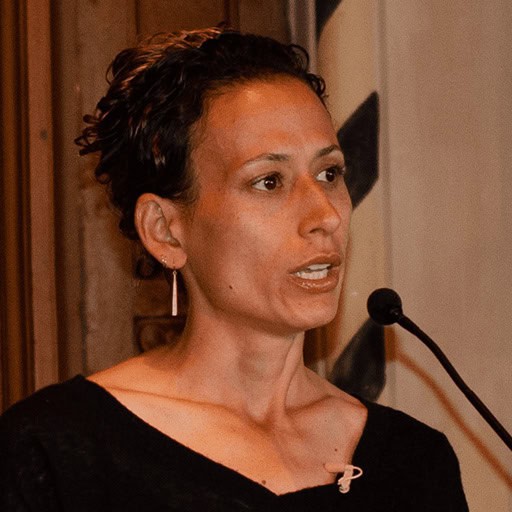
Evan Holloway
Assistant Professor - Juvenile inJustice Behavioral Health Lab at UCSF
Evan Holloway (he/they) is a licensed clinical psychologist and Assistant Professor in the Juvenile inJustice Behavioral Health Lab in the Department of Psychiatry and Behavioral Sciences at UCSF/Zuckerberg San Francisco General Hospital. He has a PhD in Clinical Psychology from Fordham University with specialization in forensic and child and adolescent psychology. His research focuses on understanding and improving service delivery systems for youth and families in contact with the legal system. He has been awarded a K23 from the National Institute on Drug Abuse to co-design an individualized cannabis use prevention mobile health app with youth who have gotten in trouble at school or the legal system.
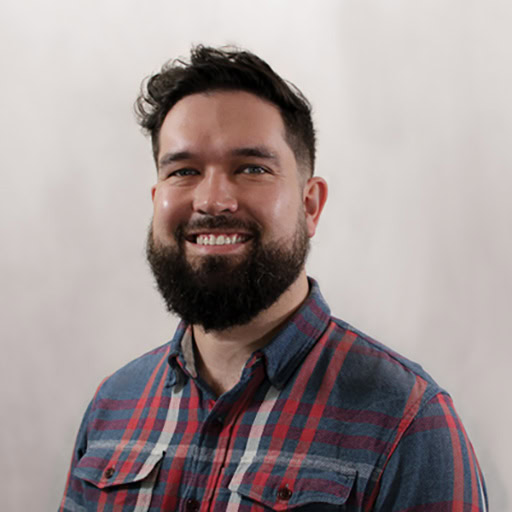
Sarah Hooper
Professor of Practice and Executive Director of the UCSF/UC Law SF Consortium on Law, Science & Health Policy, UC Law SF
Sarah Hooper, JD is a Professor of Practice at UC Law SF and Executive Director of the UCSF-UC Law Consortium on Law, Science & Health Policy. In this capacity, she directs the JD Concentration in Health Law & Policy, co-directs the Master of Science in Health Policy & Law Degree (HPL) and serves as the Policy Director of the Medical-Legal Partnership for Seniors clinic.
Professor Hooper has dedicated her career to developing innovative medical-legal collaborations that can advance equity in health care. She has a special interest in complex care, and in particular the role of law and lawyers in improving systems of care for underserved older individuals with complex medical and social needs.
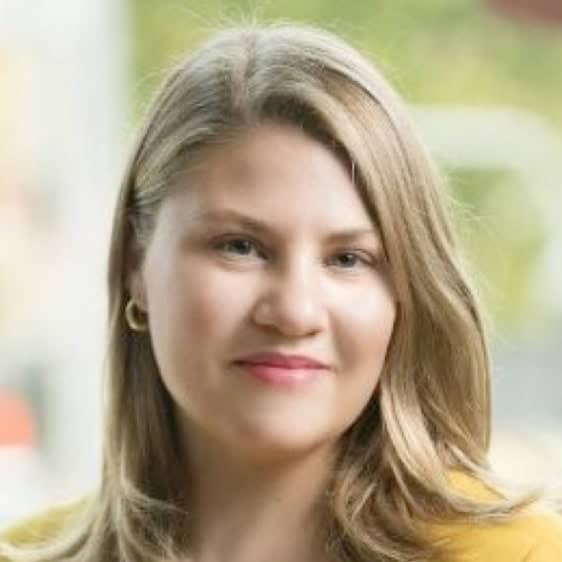
Angela James
Research Director, Center for the Transformation of Schools, UCLA
Dr. Angela James, Ph.D., is research director at the Center for the Transformation of Schools (CTS), where she demonstrates her passion for creating positive change in educational systems. As a sociologist and demographer, she leverages her extensive expertise to design and oversee innovative mixed-methods research projects. With a deep commitment to addressing societal structures’ dynamics and their influence on educational systems, Dr. James spearheads projects that shed light on the intricate interplay between structure and social agency. Her primary focus at CTS lies in the development and implementation of effective education policies for systems-involved youth, particularly those in the Juvenile Justice and Homeless systems. Additionally, she is interested in efforts fostering the well-being and success of Black students, tackling critical issues like school policing, racial disparities in suspensions, and identifying ‘Bright Spots’ in educational service delivery. Dr. James’ work across these areas promotes a more nuanced understanding of the educational impact of individual agency. Towards that end, she encourages a focus on understanding school-site strategies, as well as on recognizing the direct impact of student and community-led social justice efforts, on addressing educational inequities.
Beyond her academic pursuits, Dr. James is deeply rooted in community-based social justice and grassroots organizations, where she actively engages as an ardent community organizer/activist and strategic consultant. Both professionally and personally, she has dedicated herself to understanding and eradicating social injustices, while also highlighting the empowering liberatory work undertaken by individuals and communities.
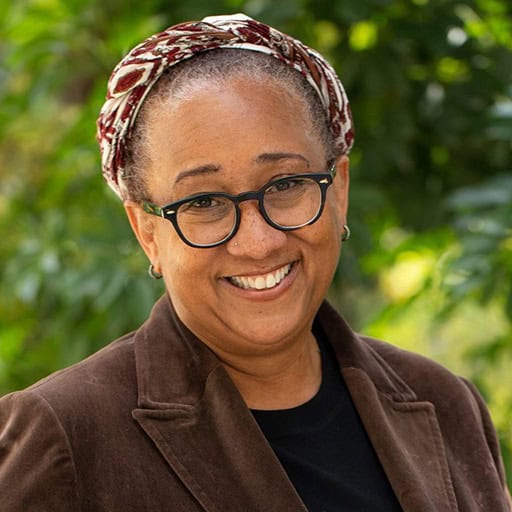
Andrea Lollini
Senior Research Scholar at the UCSF/UC Law SF Consortium on Law, Science, and Health Policy, UC Law SF
Professor Andrea Lollini teaches International and Comparative Health Law, and European Union Law at UC Law SF. He was also an Associated Professor of Comparative Constitutional Law at the University of Bologna in Italy. He received his PhD in 2003 from the École des Hautes Études en Sciences Sociales in Paris (EHESS) and has had an extensive career in legal research with international research organizations such as the Institute des Hautes Études sur la Justice of Paris (IHEJ) and The Hague Institute for the Internationalisation of Law (HiiL – The Netherlands). In 2014, Andrea Lollini joined the UCSF-UC Law Consortium on Law, Science and Health Policy and developed interdisciplinary collaborations with the UCSF Department of Neurology, the UCSF Memory and Aging Center, and the UCSF Department of Psychiatry and Behavioral Sciences. Since 2022, Andrea Lollini has been the Senior Principal Investigator of the UC Law SF Bench to School Initiative. Andrea Lollini’s interdisciplinary research aims to explore how fundamental rights are transformed and reframed by new developments in neuroscience. He specifically explores if atypical neurocognitive traits can be considered a new constitutional ground of discrimination, as well as how brain-based diversities can become the new frontier of equal rights (Brain Equality)
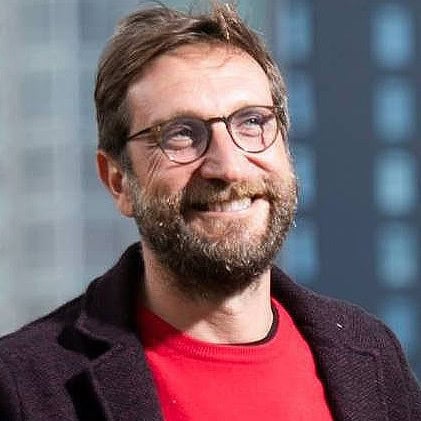
Jeanne McPhee
Clinical Research Analyst - Juvenile inJustice and Behavioral Health Lab at UCSF
Jeanne McPhee is a licensed clinical psychologist and a researcher in the Juvenile inJustice Behavioral Health Lab in the Department of Psychiatry and Behavioral Sciences at UCSF/Zuckerberg San Francisco General Hospital. She has a PhD in Clinical Psychology from Drexel University with focuses in forensic and child and adolescent psychology. Her research focuses on promoting positive outcomes for legally involved youth by adapting and implementing evidence-based treatment and policies for youth, their families and communities, and within the larger systems that they come into contact with, such as probation systems.
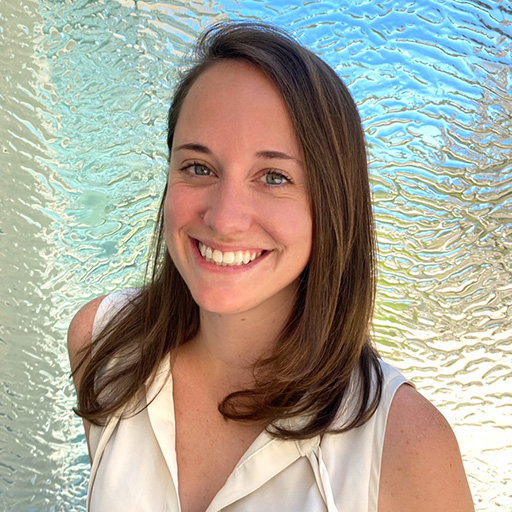
Emily Murphy
Professor of Law and Harry & Lillian Hastings Research Chair, UC Law SF
Professor Murphy’s research focuses on the intersection of neuroscience, behavioral science, and law. She writes about the use of neuroscience as evidence and how neuroscience and behavioral science shape public policy and legal systems. Her work has been published or is forthcoming in Stanford Law Review, The Journal of Law & the Biosciences, Connecticut Law Review, William & Mary Law Review, Law & Psychology Review, Psychology Public Policy & Law, and Science.
Professor Murphy earned her A.B. magna cum laude in Psychology from Harvard University, her Ph.D. in Behavioral Neuroscience and Psychopharmacology from University of Cambridge, Trinity College, as a Gates Cambridge Scholar, and her J.D. from Stanford Law School. Prior to law school she was a postdoc with the Program in Neuroethics at the Stanford Center for Biomecial Ethics, Stanford Law School’s Center for Law and the Biosciences as well as the MacArthur Foundation’s Law and Neuroscience Project. Following law school, she clerked for the Honorable Richard A. Paez of the U.S. Court of Appeals for the Ninth Circuit.
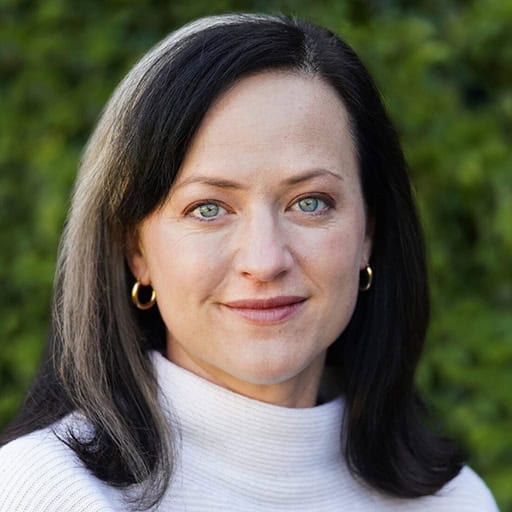
Dolce Vita Martin-Moreno
Clinical Research Coordinator, UCSF ALBA Language and Neurobiology Lab
Originally from Sonoma County, Dolce attended college at UCLA, where she graduated with a degree in Psychology. While at UCLA, Dolce was a research assistant at the Semel Institute for Neuroscience and Human Behavior, studying the effects of behavioral therapy on children with autism spectrum disorder. She also served as a public speaker with the National Alliance on Mental Health, Westside LA, working to expand mental health awareness to young adults in the community.
At the Memory and Aging Center, Dolce is a Clinical Research Coordinator in the UCSF ALBA Language and Neurobiology Lab run by Dr. Marilu Gorno Tempini. There she works helping with data collection, management and analysis for various studies, with a focus on language and learning differences. Her work at the lab has deepened her interest in research, and she is committed to contributing to advancements in this field.
In her spare time, she enjoys going on nature walks, knitting, and spending time with friends and family.
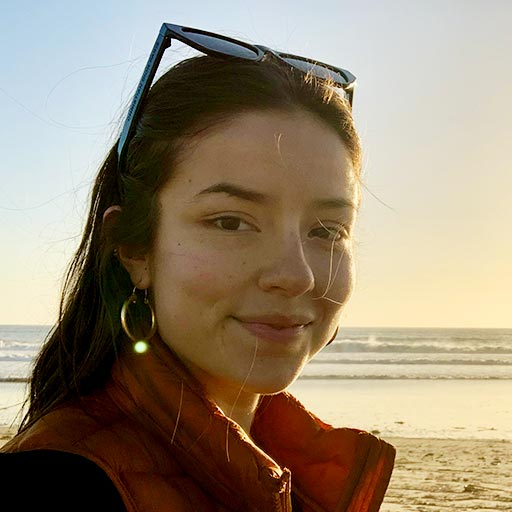
Mariah Pospisil
Learning Interventions Applied Research Manager, UCSF Dyslexia Center’s Multitudes
Mariah L. Pospisil, MEd, is a lifelong educator and advocate for students with dyslexia. After receiving her AB degree in Psychology from Harvard College, Mariah earned her teaching credential and Master of Education as an Education Specialist, Mild/Moderate from Notre Dame de Namur University. As a teacher, instructional coach, and school leader, Mariah focused on implementing instructional and social-emotional interventions to support students with dyslexia throughout their K–12 educational journeys. Mariah serves as the Learning Interventions Applied Research Manager for the UCSF Dyslexia Center’s Multitudes and phenotype projects.
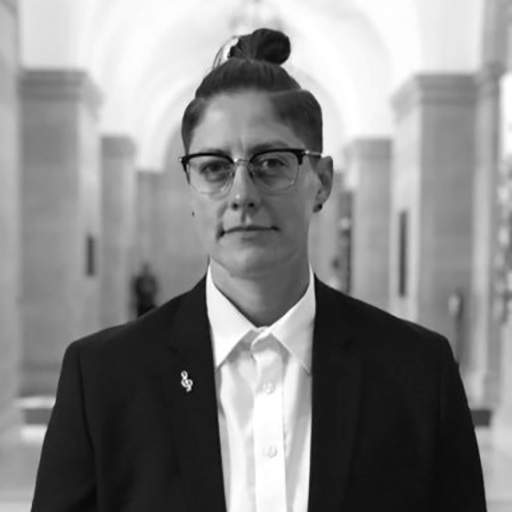
Dr. Marina Tolou-Shams is the Kilroy Realty Endowed Professor in Psychiatry, Vice Chair of Community Engagement, Outreach, and Advocacy in the UCSF Department of Psychiatry and Behavioral Sciences, Deputy Vice Chair for Research at Zuckerberg San Francisco General Hospital, and Director of the UCSF Juvenile inJustice Behavioral Health (JJBH) Lab.
Dr. Tolou-Shams holds a Ph.D. in Clinical Psychology from the University of Illinois at Chicago with forensic training from the University of Massachusetts. She has dedicated her career to advancing behavioral health equity for system-involved youth through clinical, administrative, education/training and research roles. As the principal investigator of multiple NIH-funded studies, her research emphasizes gender- and trauma-responsive interventions, technology-based solutions to expand access to care, and the impact of structural racism on behavioral health outcomes. With over 20 years in integrated behavioral health research, her work spans substance use, mental health and sexual/reproductive health interventions at individual, family, and systems levels.
As part of the leadership of the University of California Brain and Behavioral Health Consortium, Dr. Tolou-Shams collaborates with experts across California and UC departments to enhance behavioral health services and outcomes for Californians across the lifespan through research, education, and workforce development.
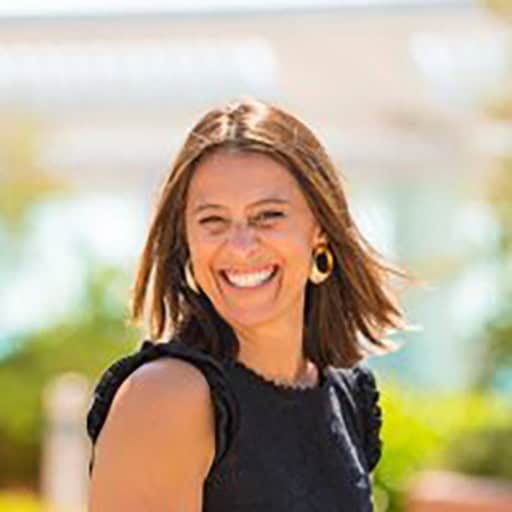
Christa Pereira Watson
Assistant Professor, Neurology - UCSF Weill Institute for Neurosciences
Dr. Watson graduated from the Pacific Graduate School of Psychology-Stanford PsyD Consortium in 2014. She has a background in psychology, developmental biology, neuroimaging and neuropsychology. Her research interests include brain development across the lifespan and, in particular, in the neuroscience of typical and atypical learning. She is currently working in the ALBA Language Neurobiology Lab with Dr. Maria Luisa Gorno Tempini.
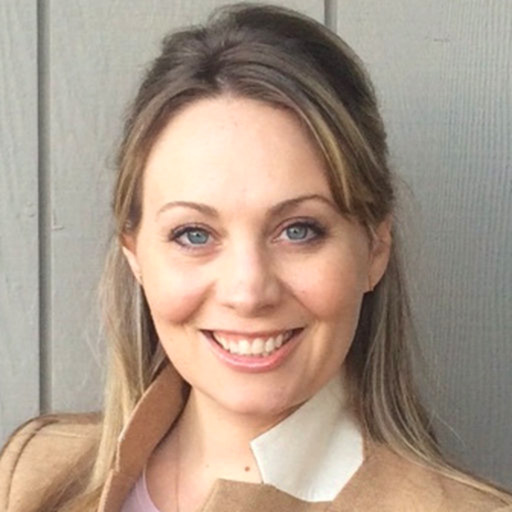
Lois Weithorn
Professor of Law and Harry & Lillian Hastings Research Chair, UC Law SF
Lois A. Weithorn is a Professor of Law and the Harry & Lillian Hastings Research Chair. She joined the full-time UC Law SF faculty in 2001. She received the UC Law SF Foundation Faculty Scholarship Award in 2002, and the Rutter Award for Teaching Excellence in 2007. Professor Weithorn received her J.D. from Stanford Law School where she served as President of the Stanford Law Review and was elected to the Order of the Coif. After graduating, she clerked for the Honorable Joseph T. Sneed III of the U.S. Court of Appeals of the Ninth Circuit.
Professor Weithorn also has a Ph.D. in Psychology (University of Pittsburgh). Her work integrates perspectives in law and the behavioral and health sciences, with special emphasis on legal policies affecting family relationships or vulnerable or underserved groups such as children and persons with mental disorders. Professor Weithorn’s scholarship includes topics such as informed consent, health care decision-making capacity, and children’s participation in treatment decisions; legal responses to parental vaccine refusal; policies affecting youth crossing child welfare, juvenile justice and/or mental health system boundaries; developmental neuroscience and child protection policy reform; legal responses to children’s exposure to domestic violence; and intellectual disability and the death penalty.
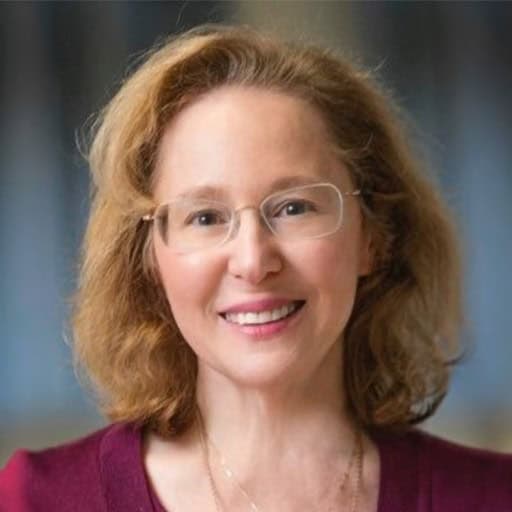
Advisory Board
Over the past year, the CA Institute has established an Advisory Board of experts, with a range of professional and lived experience, in accordance with Cal. Ed. Code § 99277. The board serves as a check on accountability to ensure that the CA Institute is meeting its goals, and they also provide fiscal oversight. As outlined in the legislation, the membership of the board includes community representatives, including formerly justice-involved representatives and their family members, as well as members chosen by each of the three campuses in the institute (UCLA, UCSF, and UC Law SF) and representatives from the CA State Assembly, the CA State Senate, and the Mental Health Services Oversight and Accountability Commission.
The board is comprised of the following members:
- Patrick Brennan – Director of Policy, Philanthropy, and Partnerships at UC|CSU Collaborative (Ex Officio Member)
- Steve Carnevale – Founder and Chair of the Advisory Board for the UCSF Dyslexia Center
- Debra Duardo – County Superintendent of Schools for Los Angeles County
- Gustavo Gasca – UCLA Alumnus and Current PhD Student
- Evelyn Gonzalez – Cross County Youth Voice Coach at Fresh Lifelines for Youth (FLY)
- Jennie Grammer – Associate Professor of Education/Faculty Director at UCLA
- Tanisha Hill-Jarrett – Neuropsychologist & Assistant Professor of Neurology at UCSF
- Yaneth Hurtado – Project Policy Analyst at Juvenile Justice Behavioral Health (JJBH)
- Judge Kathleen Kelly – San Francisco Family Treatment Court
- Rose LaValley – Cross County Youth Voice Coach at FLY
- Mara Madrigal Weiss – Executive Director of Student Wellness and School Culture for the San Diego County of Education and Chair of the Mental Health Services Oversight and Accountability Commission
- Michael Massa – OYCR Education Subject Matter Expert
- Marlen Medina – Mother of Bryan Diaz
- Carl W. “Chip” Robertson – Co-Managing Director at Warland Investments Company
- Javier Rodriguez – Regional Coordinator at Rising Scholars
Partnerships
The Center for Transformation of Schools is dedicated to partnering with the education ecosystem to bring about systems change through humanizing research, validating practices, and transformative policies with key stakeholders to support equitable educational outcomes for historically underserved students.
CTS’ vision is to be a catalyst for learning communities to boldly nurture and protect the dignity, well-being, and full potential of all students. CTS was founded to be a thought partner and source of support to inform the field of education and ensure that all children receive the education they deserve.

The UC|CSU Collaborative for Neuroscience, Diversity, and Learning brings together top experts from the University of California and the California State University to share and cultivate evidence-based and inclusive teaching practices to reshape how students of all ages in California are taught. We believe in recognizing and nurturing the unique strengths of each student, developing educator agency to cultivate these strengths. Our goal is to equip both aspiring and current educators with the resources, skills, and strategies needed to meet the diverse needs of students, enabling them to thrive academically, emotionally, and socially.

Effective July 1, 2021, pursuant to Senate Bill 823, a new Office of Youth and Community Restoration (OYCR) operates within the California Health & Human Services (CalHHS) Agency. Supporting the transition of justice involved youth being served in local communities, the OYCR will promote a youth continuum of services that are trauma responsive and culturally informed, using public health approaches that support positive youth development, build the capacity of community-based approaches, and reduce the justice involvement of youth.
According to Section 99275 of the California Education Code, the Office of Youth and Community Restoration is a legislative partner of the CA Institute in its development, implementation, and management, as well as in the pursuit of its goals.
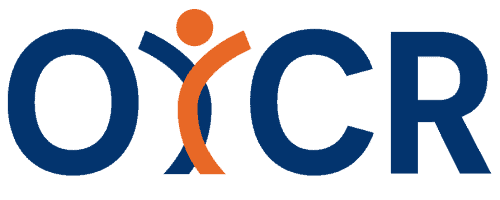
Rancho Cielo is a comprehensive learning and social services center for underserved and disconnected youth in Monterey County. Rancho Cielo invests in all young people facing challenges for success through diploma education, vocational training, counseling, and life skills development in a safe and affirming environment.
Rancho Cielo runs a series of programs and opportunities to wrap around the whole youth: diploma education to age 24; true vocational training with industry professionals; mental health counseling; probation case management and support; job readiness; life skills; physical activity; enrichment activities; and connections to health, social and family services. It is in the transformation business. Rancho Cielo serves 150 youth across five programs. It responds to the needs of the economy through workforce development and college preparation.
The interdisciplinary team from the CA Institute has visited the Rancho Cielo campus twice in the past year to learn more about their innovative program design and to investigate ongoing projects between Rancho Cielo and the CA Institute.
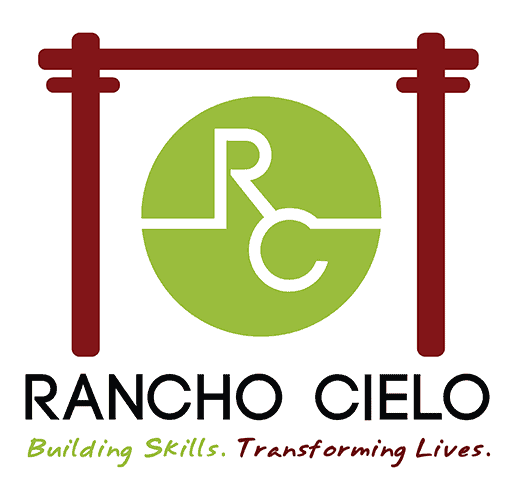
The Department of Law at the University of Torino is a key hub for socio-legal studies focused on issues related to the intersection of juvenile justice, mental health and related social issues. It has been designated a “Department of Excellence” by the Italian Ministry of Education, University and Research for the quality of its teaching, research, and institutional environment.
This project, Juvenile Justice at a Crossroads, aims to advance transdisciplinary legal education and research by examining the correlation between criminal behavior and mental health issues in the juvenile justice population, through a pilot study using quantitative and qualitative socio-legal research methodologies. In particular, it explores trends such as the medicalization and institutionalization of juveniles to provide evidence-based solutions for international comparison.
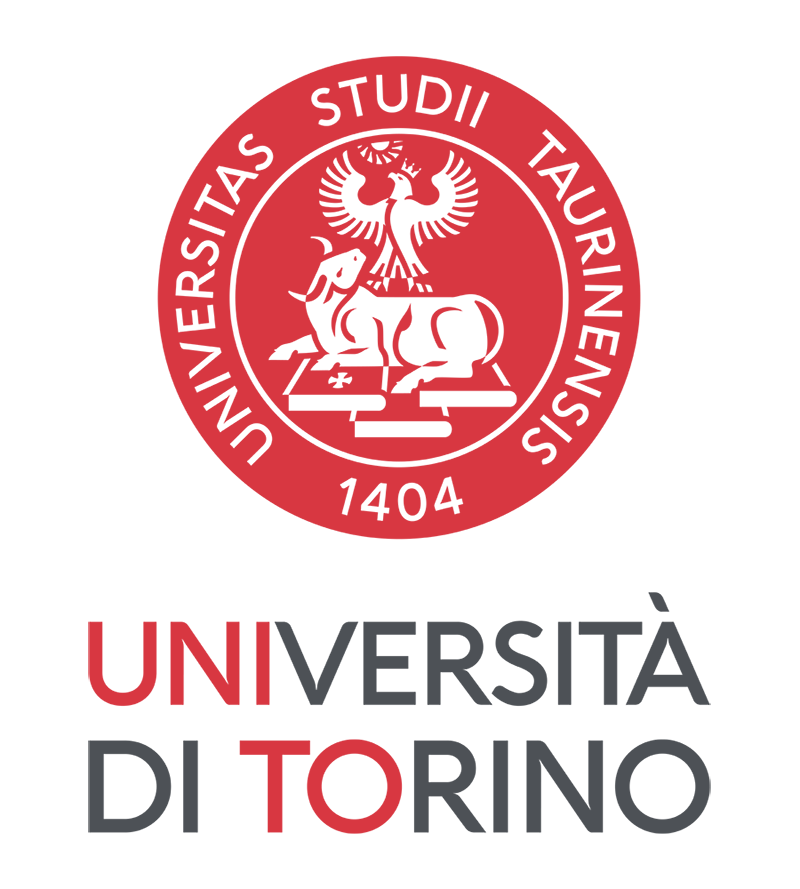
The UCSF Juvenile inJustice Behavioral Health (JJBH) Research Team includes a program of research aimed toward improving behavioral health outcomes for youth involved in the legal, child welfare, and foster care systems. Incorporating frameworks of ecodevelopmental theory, community-engaged/participatory co-design, anti-racism in research, social justice, health equity and structural and social determinant of health, these studies aim to improve systems-impacted youth health outcomes. Examples of study foci include expanding engaging and tailored behavioral health care options; reducing alcohol and drug use; advancing sexual and reproductive health equity; preventing continued legal and child welfare system, including incarceration and identifying ways to successfully improve access to and engagement in behavioral health services, thereby reducing health inequities.
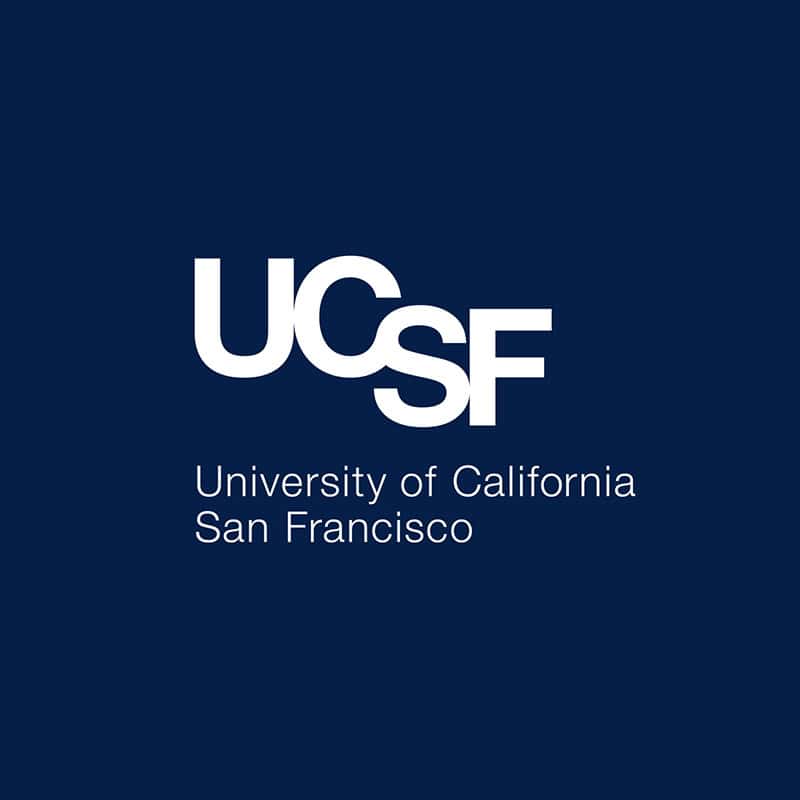
Cre8Innovations is a nonprofit organization founded and led by formerly incarcerated individuals committed to transforming the lives of marginalized students, particularly those impacted by the criminal legal system, foster care, and housing insecurity. Rooted in the principles of education, advocacy, and reentry (EAR), Cre8Innovations provides supportive housing, mentorship, and trauma-informed programming to ensure students not only access higher education but thrive in it. Through partnerships with community colleges, universities, and local organizations, the organization bridges critical gaps in services by offering holistic support that includes financial literacy training, college navigation, case management, and youth diversion programming. By centering the voices and leadership of directly impacted individuals, Cre8Innovations is building pathways for systemic change and reimagining what educational equity and community reintegration can look like.
